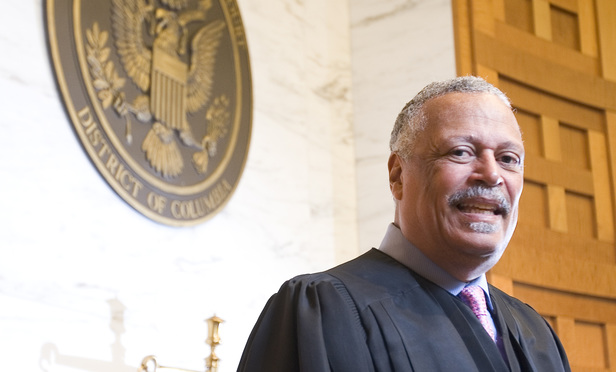
The New Jersey Law Journal Editorial Board (of which I'm a member) today published an editorial backing Judge Emmett Sullivan's appointment of retired judge John Gleeson as amicus in the Michael Flynn case. Gleeson has been charged with two questions - 1) to present arguments in opposition to the DOJ's motion to dismiss and 2) whether Flynn should be charged with contempt for perjury.
The case is hugely controversial and consequential. Two thousand former federal prosecutors joined a brief urging Sullivan to challenge the Department of Justice's motion to dismiss the Flynn indictment. Lawrence Tribe and a slew of prominent lawyers have filed a like-minded amicus brief in the District Court, and a spring of `red states' has moved for leave to file an amicus brief in the D.C. Circuit Court where Flynn has sought a writ of mandamus dismissing the indictment.
- GWC
by the Editorial Board
Prosecutorial discretion has accustomed us to the idea that decisions on who to charge and whose crimes to ignore are virtually unreviewable. The exceptions are narrow: such as the constitutional bar on bills of attainder which may compel prosecution. Fairness defenses to prosecution are many but instances where prosecution is abandoned after a voluntary admission of guilt are unheard of.But in this case it has been suggested that the decision to abandon a prosecution involved personal or political favoritism towards the defendant by higher authority. Federal Rule of Criminal Procedure 48, like our Rule of Court 3:25, requires judicial approval to dismiss an indictment. The drafting history of the rule is clear that it was intended to provide a judicial check on dismissals motivated by personal favor, political influence, or worse, in order to preserve the reputation of the criminal justice system for impartiality. When the prosecution joins the defense in requesting a dismissal for possibly illegitimate reasons, the court is without the usual aid of the adversary system in uncovering the underlying reasons.Our attention has therefore been drawn to the decision of the United States Justice Department to end its efforts against former National Security Advisor Michael Flynn. Despite his admission of guilt for making false statements to an FBI agent in violation of 18 USC §1001 the Department of Justice has asked D.C. federal trial judge Emmet G. Sullivan to dismiss the indictment declaring the government could not meet its burden of proof. But the defendant had testified to facts supporting each element of the crime: a knowingly false and material statement of fact. And the judge had found that his allocution was voluntary, and the false statement material.
This comment has been removed by a blog administrator.
ReplyDelete